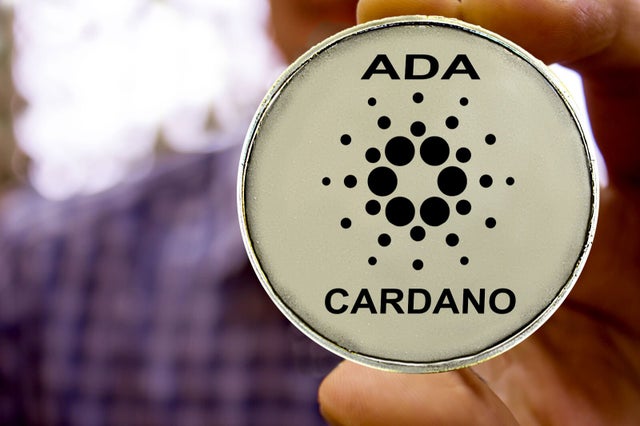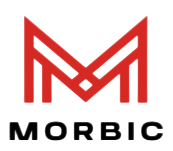
Cardax differs from other decentralised exchanges in one significant way. To put it another way, DEXs rely on trading volumes or AMMs to give market rate. Cardax’s staff has done considerable study into how they can effectively combine the two concepts to create a pleasant trading experience for consumers. High entrance barriers are one of the main issues that every AMM confronts nowadays. For those creating a cardano DEX exchange an example may be provided. To expand the market to sell against ADA, you’ll need to pair your token with ADA. Consumers will land up with a tiny illiquid pool if there aren’t enough ADA tokens. Unfortunately, this is now a significant issue with UniSwap.
Cardax seeks to provide a system that solves these problems by reducing overrun, increasing pricing visibility, and enabling anybody to get to be a value investor by creating or joining a liquidity pool.
Cardax’s team has made progress in building a technical staff with decentralised technology expertise, and the Cardano community has chose it as the first DEX to receive Cardano’s Project Catalyst, an award granted by the Cardano ecosystem to initiatives developed on its network. In addition, the company generated 1.5 million dollars within 7 days of their preorder on the Cardax community. Cardax engineers are continuing to participate in their testing stages, featuring Alonzo White and Alonzo Purple, ahead of the network’s introduction of smart contracts.

Over the next months, Cardax plans to hold a public auction of their protocol’s token, CDX. Holders of the CDX coin may vote on the protocol’s governance. It aims to deploy in the next 12 months so that “users may begin trading Cardano native tokens.” After the Alonzo hard fork and then when Cardano chooses to deploy the Alonzo hard fork towards the mainnet, the launch date will be set.
Cardax’s aim, according to the team, is to “manage the platform and ensure that it functions effectively for our customers,” and then “to begin preparing for Cardax V2 including additional DeFi capabilities and even more users.”It is presenting itself as one of the native exchange Cardano requires for initiatives that generate native assets. Since the inception of the Cardano project in 2017, Ryan Morrison, the creator and Founder of Cardax, has been an active part of this community, even appearing on numerous Cardano podcasts. With this history in mind, he tells that his goal is to “be the Uniswap of such Cardano ecosystem.”
In practise, Cardax will allow the customers to trade ADA about any Cardano Native Token, exchange one Cardano Local Token for another inside the same transaction, and use the EAMM protocol to offer liquidity-sensitive automatic pricing. The DEX does not act as a custodian for your funds. In contrast to a centralised Exchange, it is just a platform.







